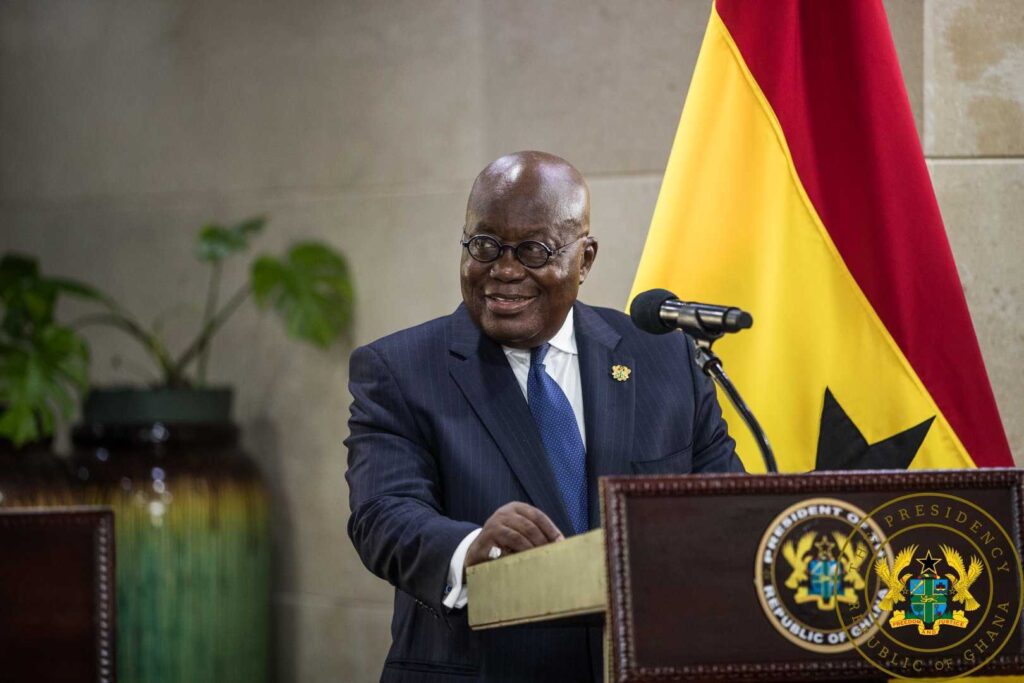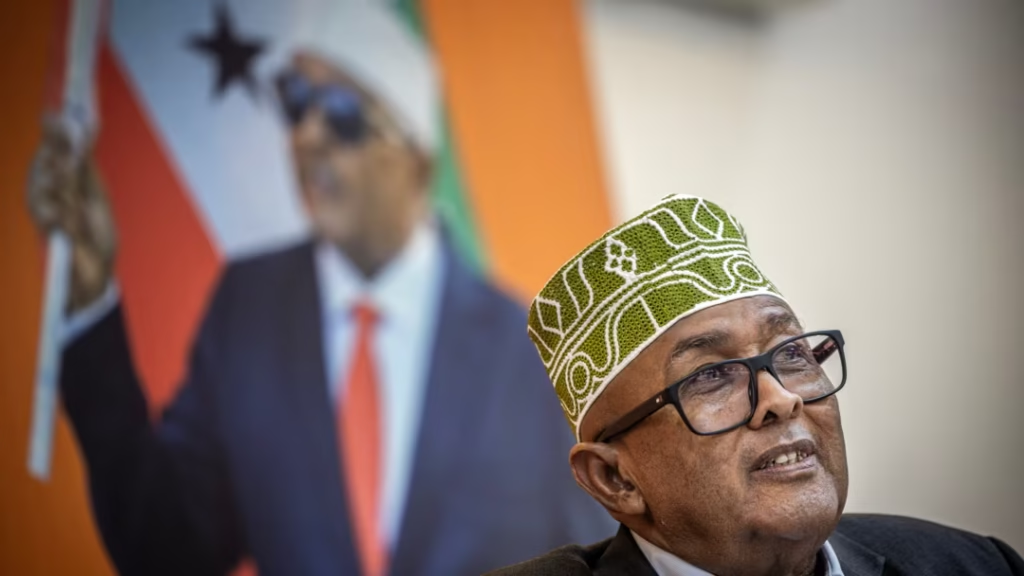Tragic stampede at funfair in Nigeria leaves several children dead
Several children tragically lost their lives in a stampede on Wednesday at a funfair in southwestern Nigeria, authorities confirmed. The incident occurred at the Islamic High School in Basorun, Oyo State, near Lagos. Security personnel responded promptly to the scene, and the event organizers were arrested, according to Oyo State Governor Seyi Makinde. “Earlier today, a tragic event occurred at the Islamic High School Basorun, where a family-oriented event was taking place. Sadly, a stampede at the venue resulted in multiple fatalities and injuries. This is a deeply sorrowful day,” Governor Makinde said in a statement. He expressed condolences to the families of the victims, stating, “We extend our sympathies to the parents whose joy has been turned to mourning due to this tragedy.” Nigeria’s national emergency services have deployed a team to assist the victims, and injured children were taken to local hospitals. Parents were urged to check for missing children. Videos from the scene showed a large crowd of mainly children watching as some were carried away from an open field. Local media identified the event organizers as the Women In Need Of Guidance and Support Foundation, which had also hosted a similar event for children the previous year. The foundation was preparing to accommodate up to 5,000 young people at this year’s gathering, offering prizes such as scholarships and other gifts, according to reports from Oyo-based Agidigbo FM. Governor Makinde announced that an investigation into the cause of the stampede has been launched, and vowed that anyone found responsible, either directly or indirectly, would be held accountable.
Tragic stampede at funfair in Nigeria leaves several children dead Read More »










